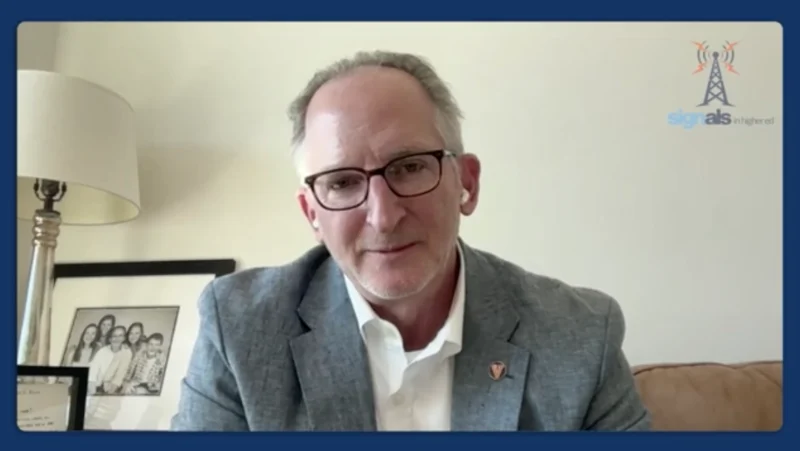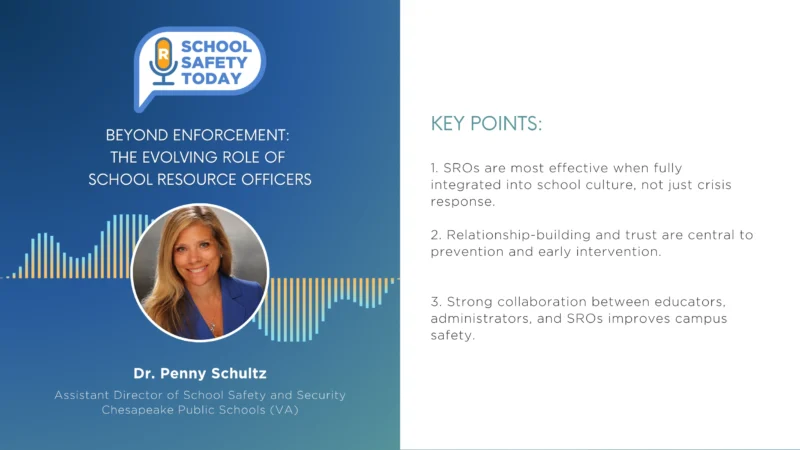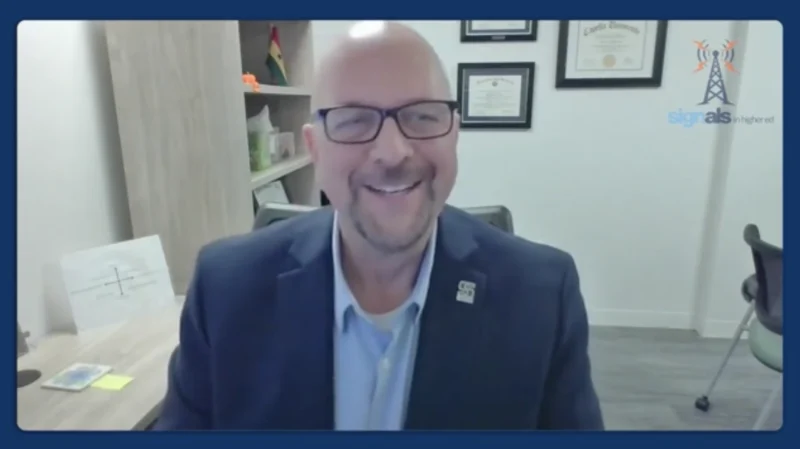Mental Health Trends: AI, Medication, Education, Workplace… and Animation
The landscape of mental health, particularly among younger generations, is shifting dramatically. Recent statistics reveal an alarming rise in mental health disorders among adolescents, with 20 percent of children and young people aged three to 17 in the United States experiencing significant mental health challenges. Similarly, in the UK, 20 percent of youth reported probable mental disorders. This burgeoning crisis is driven by multiple factors, including the advent of smartphones, the impact of social media, and the long-term effects of the COVID-19 pandemic. As society grapples with these challenges, innovative approaches are being explored to address and mitigate the mental health epidemic.
How can we leverage animation to combat mental health issues among the younger generation?
For the latest episode of “Untamed Ethos,” host Dr. Joshua Wilson spoke with Quint Boa, a psychotherapist and founder of the global production company Synima. Boa brings a unique perspective, combining his expertise in psychology with his experience in animation, to explore exactly how creative media can be harnessed to support mental health initiatives.
Other important points of Dr. Wilson and Boa’s discussion included:
- Exploring some of the sobering statistics about the mental health crisis among Gen Z, emphasizing the critical need for effective intervention strategies.
- How the rise of smartphones and social media has contributed to increased anxiety, depression, and other mental health issues among youth.
- The potential of animation as a therapeutic and educational tool to address mental health challenges, providing accessible support via social media platforms.
Quint Boa is a distinguished psychologist and the founder of Synima, a multinational production company that collaborates with 16 Fortune 500 companies. With over 20 years of industry experience, Boa is recognized for his innovative approach to using animation to tackle some of the most pressing mental health issues globally. His work bridges the gap between psychological practice and creative media, aiming to make mental health resources more accessible and engaging for younger audiences.
Article by Alexandra Simon.




